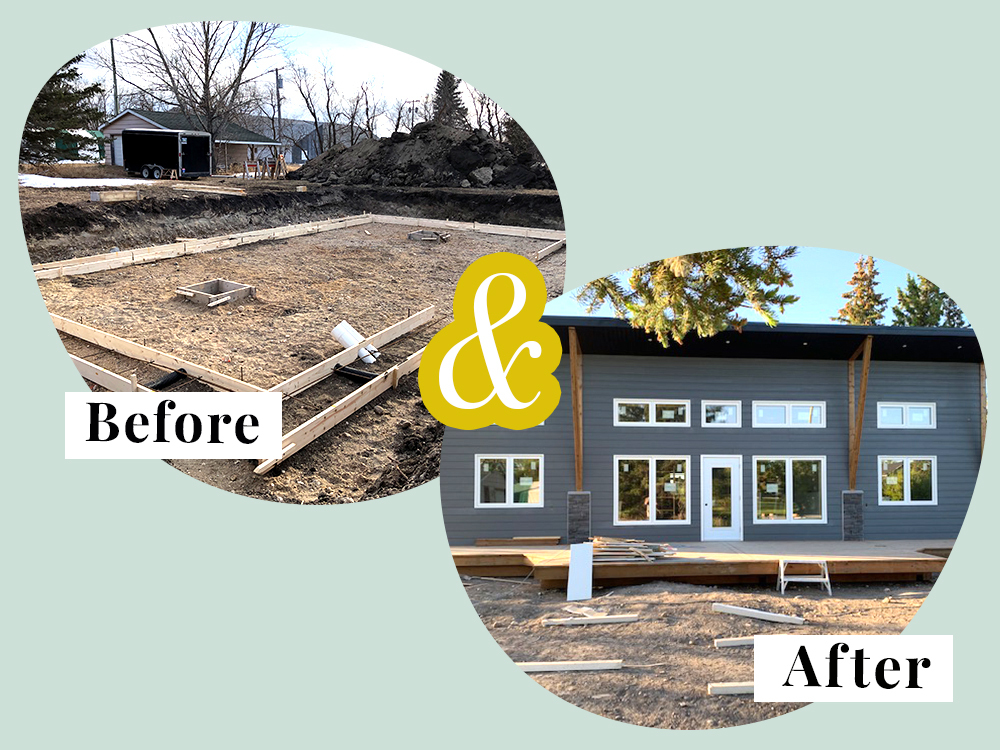How I’m Keeping My 9-to-5 Hustle Alive In My Freelance Life
I worked in an office at a desk job for about three years before I started here at TFD. While at that job, I learned a great about myself, the way I work, and how I can be the most productive version of myself. Since it was my first job out of school, I had to learn to transition my habits and behaviors from those of a college student, to those of a bona fide working professional. That change-up tested not only my work ethic but my working habits as well. Much to my dismay, I learned that taking work home to do late at night rather than focusing on it during the daytime while everyone was at the office, wasn’t appreciated. The way I used to write a paper during the middle of the night right before it was due the next morning in college, was not going to fly in a more structured work environment. Although there was some difficulty getting used to a new working situation when I first started, it got infinitely easier for me. I found that I actually enjoyed working within the structured environment of the office, and I discovered little hacks to make my time spent there more productive — habits which I’ve carried over into my new life.
Since I’ve been working as a freelancer full-time (which has only been about two months), I’ve had to navigate a totally new working pattern. I’ve had to learn to carry over those habits and hacks that I learned while working at my desk job into my life working as my own boss. Although this world is totally new to me, it’s becoming increasingly more evident each day that every minute of my time is worth something. I have to take a hard look at my habits to decipher whether I’m making the best use of my time.
Although I don’t consider myself (remotely) close to being a master of time management and efficiency, I’ve been observing the habits of successful people around me and plowing through articles on how to maximize your time management skills. Below are a couple of ways I’ve taken the learnings of my 9-to-5 job, and carried them over into my new life as a freelancer. I think they’re useful to share here for anyone who is simply trying to utilize their time as smartly as they can whether they are a student or working professional.
Keep a clean workspace.
At my old job, I used to have a pretty sweet workspace, which was admittedly Pinteresty as hell. I had two monitors to work on, a basket full of tea and honey, a pillow on my chair for ~back support~, a floral calendar for staying organized, and a ton of office supplies like post-its and highlighters. A little over the top, but hey, it worked for me. However, when I first began working, it took me a long time to understand why my workflow was so off, and I realized it was because I never took pride in my workspace or felt the need to clean it. It’s essential to have a space that you can think clearly in, and for some people that could mean working at a bare desk with just the essentials. At my old job, I learned the importance of having a customized workspace. Although each day is different for me now, and I bounce around a lot, it’s important that I have three — a drink (something like coffee, tea, or water) nearby at all times, my mouse (even if I’m out at a coffee shop I need one), and light music playing. I’ve been able to pinpoint those three things as the essential elements to a productive and happy day of work, and I feel that it’s crucial for everyone to figure out what environment they work best in.
Jump on the phone to avoid a day long email exchange.
This was one of my MOST meaningful habits that I implemented when I started working at my desk job, and I can’t tell you how much time it’s saved me. When it’s appropriate (it’s not always right to immediately get on the phone with someone, especially if the subject matter needs to be documented in an email), I find that making a call to a client or coworker always clears up a situation in half the time it takes to email about it. I’ve found that it’s helpful to hear the tone of the other person’s voice on the line, because it helps me understand if we’re on the same page, if one of us is confused, or upset, or if I need to add any additional information to help elucidate a point. I still need to do that on occasion, and I won’t forget how helpful that was for myself and for clients.
For process meetings (even if it’s just for yourself), set clear objectives.
Although I love collaborative, creative brainstorm sessions with team members, sometimes the situation calls for one of those painful “housekeeping” type meetings, where the team has to tackle a particular issue. I used to sit in sprawling hour-long meetings in the middle of the day to discuss something seemingly inane, and it really put a damper on the office workflow. When our team finally hired a new account person whose job it was to facilitate these meetings, she would set clear objectives of what the meeting had to accomplish. The meetings began to grow shorter and passed more smoothly because everyone was on the same page. Nowadays, as I do more solo work, I try to carry over that same kind of directness when it comes to figuring out how to problem solve, even it’s a meeting of one — i.e, myself. I find that when I’m trying to problem solve for the best way of doing X, it’s helpful to lay out the problem and work backwards to find a solution. I’ve learned that it’s not helpful to spend time too much time focusing on the problem areas. While existing problems should be acknowledged, it’s more helpful to focus on what the next steps are toward changing a process to make it more fruitful and productive.
Learn to say “no.”
When I was at my desk job, I learned the importance of saying “no” to coworkers from different departments who would ask me for things that were outside of my realm of expertise. Sometimes they would approach me because another designer would be out that day and something needed to get done, or I would be asked to answer production questions that I didn’t have the answers to. While there are times when I take on responsibilities outside of my normal workload, I’ve gotten better at knowing my limits and what I feel comfortable taking on. Learning to say “no” to certain things keeps you from feeling overwhelmed with a packed schedule, and clears up time for you to focus on the tasks in which you excel. I’ve learned to be honest with myself about the tasks I know I’m not great at which should either be left to someone else, or outsourced. This helps me work more efficiently and productively, because I’m not spending exorbitant amounts of time trying to figure out convoluted problems, I’m kicking ass at the things I do well.
Spend time in nature/outside.
This might sound like an inefficient use of your time, but for me, I found at my old job that it was essential to take time away from the computer to go outside. Smelling the fresh air, looking at trees, hearing sounds of nature that deviate away from the same old typing keyboard and phone beeping, works wonders. Even if it was just a stroll around the area outside by the lunch tables, it helped. It might seem like a trite suggestion, but it really is essential for you to “unplug” every once in a while. Go off the grid for a few hours and clear your head. I used to feel very stressed if I went out for a walk without my phone, but now I realize that when I do, I come back fully refreshed and ready to work harder than I would have.
Every working gal should remember to recharge and reboot so we can all do great work and make the time we spend working toward our dreams even more productive!




